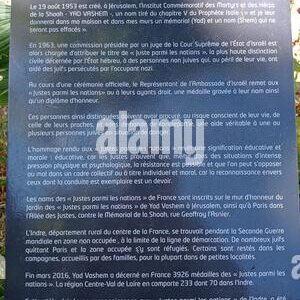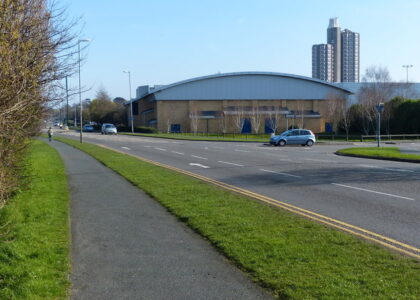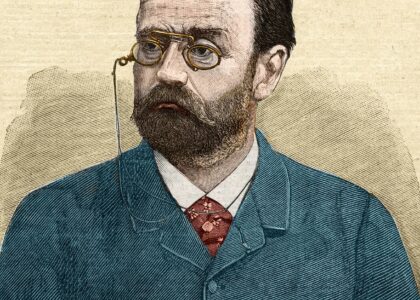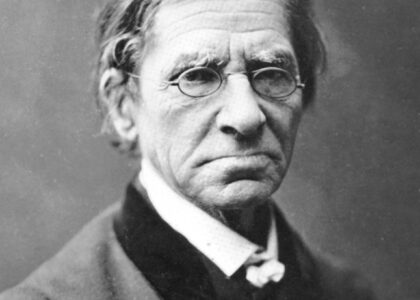Welcome to Lincoln County Historical Park, a captivating window into the past located in Lincolnton, Georgia. This 4-acre park is a testament to the rich history and cultural heritage of Lincoln County, offering visitors a unique opportunity to step back in time and experience life as it once was.
Established in the heart of Lincolnton, Lincoln County Historical Park is a collection of meticulously restored buildings that tell stories of the past. One key feature is the Groves-May House, originally built in 1878, which has been carefully relocated and preserved on this site. The park also houses a functioning gin mill from the mid-1800s, a sawmill, a cane syrup mill, a log smokehouse, a blacksmith’s shop, and a late-eighteenth-century log cabin. These structures provide a tangible connection to the agricultural and industrial heritage of the area.
Lincoln County itself was formed in 1796, named after General Benjamin Lincoln, a notable figure in the American Revolutionary War. It was during this period that the seeds of Lincolnton were planted, growing into the community we see today. Over the years, the town has been a silent witness to significant historical events, including the devastating fire of 1917 that reshaped its downtown area.
One of the park’s most intriguing stories involves the Old Union Church, constructed around 1823. This church was the first and only place of worship in Lincolnton until after the Civil War, and it also served as a school. Such buildings highlight the multifaceted role of community structures in the 19th century.
The park is not just a collection of buildings; it is a place where stories come to life. Imagine the clang of the blacksmith’s hammer, the whirr of the gin mill, and the lively exchanges at the general store. These experiences are brought to life during special events and reenactments, providing visitors with an immersive glimpse into the past.
Lincoln County Historical Park serves as a custodian of the region’s history, preserving tales of resilience, innovation, and community spirit. It stands as a reminder of how Lincolnton has evolved over time, adapting to the changing tides of history while maintaining a strong connection to its roots.





